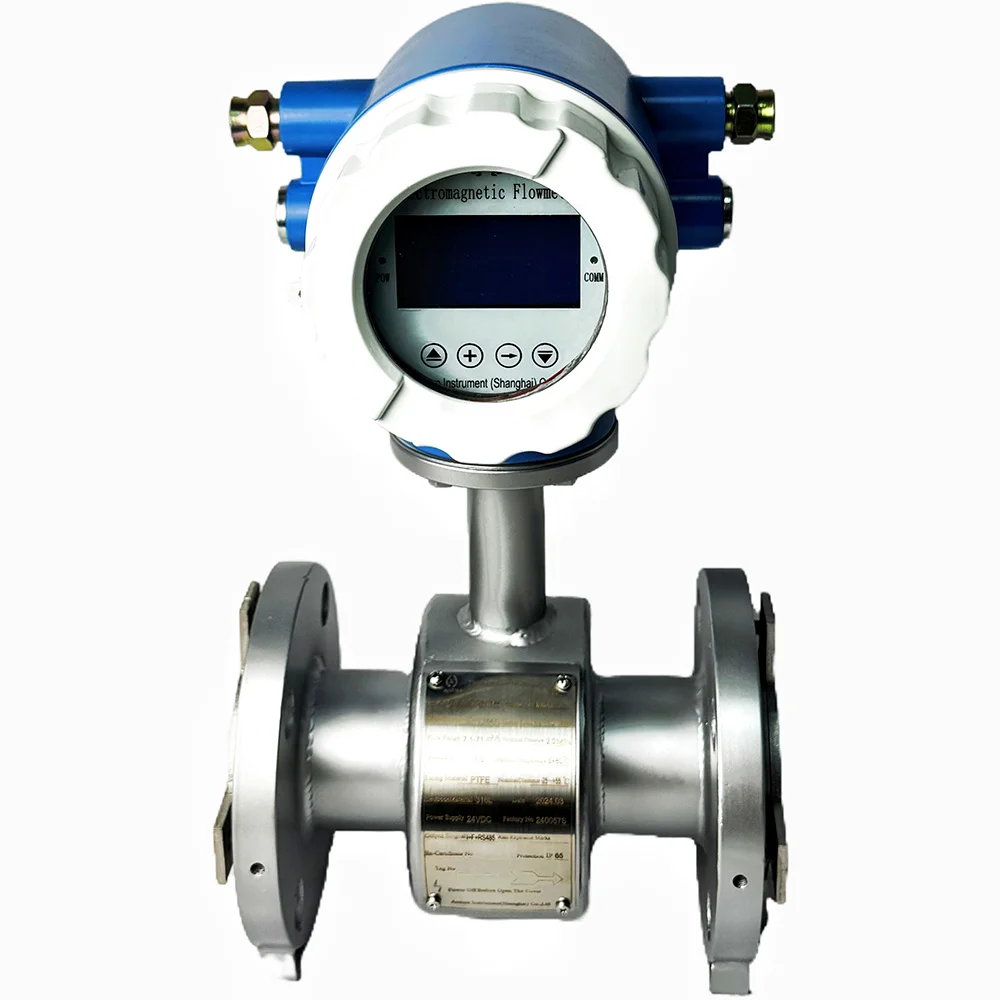Navigating the Logistics: Will a Car Dealership Ship a Car to You?
In today’s fast-paced world, the convenience of online shopping has permeated various sectors, including the automotive industry. As consumers increasingly turn to digital platforms to purchase vehicles, a common question arises: Will a car dealership ship a car? This inquiry not only reflects the evolving landscape of car sales but also highlights the logistical considerations that both dealerships and buyers must navigate. In this article, we will delve into the intricacies of car shipping, the factors influencing dealership policies, and the implications for consumers.
Understanding Car Shipping
Car shipping refers to the process of transporting a vehicle from one location to another, often across state lines or even internationally. This service can be essential for buyers who purchase vehicles from distant dealerships or for those relocating and needing their cars transported. The logistics of car shipping can vary significantly based on several factors, including distance, type of transport, and the dealership's policies.
Do Dealerships Offer Shipping Services?
The answer to whether a car dealership will ship a car is not straightforward; it largely depends on the dealership’s business model and policies. Here are some key points to consider:
- Dealership Type:
- Franchise Dealerships: Many franchise dealerships, which are affiliated with specific manufacturers, often have established logistics networks that may include shipping services. These dealerships are more likely to offer shipping as part of their customer service, especially for buyers purchasing high-value or specialty vehicles.
- Independent Dealerships: Independent dealerships may have varying policies regarding shipping. Some may partner with third-party logistics companies to facilitate shipping, while others may not offer this service at all.
- Distance and Location:
- The geographical distance between the dealership and the buyer's location plays a crucial role. Dealerships are more inclined to ship cars to customers who are located far away, particularly if the vehicle is not readily available in the local market. Conversely, local buyers may be encouraged to pick up their vehicles in person.
- Cost Considerations:
- Shipping a car involves costs that can vary widely based on distance, the type of transport (open vs. enclosed), and the vehicle's size and weight. Dealerships may include shipping costs in the overall price of the vehicle or charge them separately. Buyers should inquire about these costs upfront to avoid surprises.
- Customer Demand:
- As consumer preferences shift towards online car buying, dealerships are increasingly recognizing the need to adapt. Many are now offering shipping options to meet customer demand, especially in light of the COVID-19 pandemic, which has accelerated the trend toward contactless transactions.
The Shipping Process
If a dealership agrees to ship a car, several steps are typically involved in the process:
- Agreement and Payment: Once the buyer has selected a vehicle, they will need to finalize the purchase agreement, which may include shipping terms and costs.
- Preparation for Shipping: The dealership will prepare the vehicle for transport, which may involve cleaning, inspecting, and securing the car for the journey.
- Transport Arrangements: The dealership will coordinate with a shipping company to arrange for the vehicle's transport. This may involve selecting between open transport (where cars are loaded onto a truck without covering) or enclosed transport (where cars are protected from the elements).
- Delivery: Once the vehicle reaches its destination, the buyer will typically need to sign for the delivery, confirming receipt of the car in the agreed-upon condition.
Considerations for Buyers
For consumers considering purchasing a vehicle that requires shipping, there are several important factors to keep in mind:
- Research the Dealership: Before making a purchase, it’s crucial to research the dealership’s reputation, especially regarding their shipping practices. Look for reviews and testimonials from previous customers to gauge their experiences.
- Understand the Terms: Ensure that you fully understand the shipping terms outlined in your purchase agreement. This includes delivery timelines, costs, and any potential liabilities in case of damage during transport.
- Insurance Coverage: Verify whether the dealership’s shipping service includes insurance coverage for the vehicle during transit. If not, consider purchasing additional coverage to protect your investment.
- Communication: Maintain open lines of communication with the dealership throughout the shipping process. This will help address any concerns or questions that may arise.
Conclusion
In conclusion, whether a car dealership will ship a car depends on various factors, including the type of dealership, distance, costs, and customer demand. As the automotive landscape continues to evolve, more dealerships are likely to embrace shipping as a viable option for their customers. For buyers, understanding the shipping process and being proactive in their research can lead to a smoother and more satisfying vehicle purchase experience. As you navigate this journey, remember that knowledge is power, and being informed will help you make the best decisions for your automotive needs.






